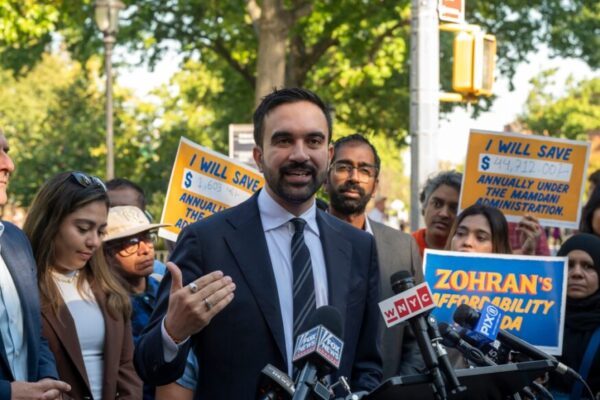Rapper and independent music champion Russ is pushing back against Roc Nation’s new music distribution platform, claiming the company’s 85/15 revenue split—where artists retain 85 percent while Roc Nation takes 15 percent—does little more than act as a branded uploading tool. His criticism spotlights the ongoing friction in the industry: big entertainment firms want access to the booming indie scene, but frequently offer insufficient services to justify a share of artists’ earnings.
Roc Nation’s distribution debut immediately sparked interest due to its prominent brand, yet Russ urges artists to look past the hype. Taking to X, he denounced the platform for taking what he called “a madness” of a cut for merely handling uploads. Russ says the broader issue is the industry’s model—major companies entering the indie space without providing actual value.
“An 85/15 split to press ‘upload’ is madness… If you’re an artist, this makes no sense,” Russ wrote. He further argued that if distribution services don’t involve playlist pitching, meaningful marketing, industry relationships, launch strategy, or substantial infrastructure, then handing over 15 percent for life is a poor arrangement.
United Masters Saw Early Resistance Too
Russ’s objections instantly called to mind the early reception of United Masters, which launched with a 90/10 model—retaining 10 percent of artists’ distributed music royalties. Many self-sufficient artists resisted such terms, aware of the cumulative loss of royalties when label-level backend wasn’t part of the deal.
United Masters has since broadened its offerings to include subscription options, like the “Select” tier, which allows artists to keep all their royalties for a set fee. Currently, the platform maintains both types: some plans involve a percentage, others charge a flat fee with full ownership. This shift demonstrated an industry truth: most savvy independent musicians prefer set-rate distribution unless added services justify a revenue share.
Why Indies Stay Indie: They Know the Value
For artists outside the traditional label system, giving up 10 or 15 percent just for distribution is a non-starter. Top independent acts thrive because they manage their finances, own their work, and reject deals that siphon away long-term profits.
Artists like Russ, Chance the Rapper, and Kota the Friend—and many more—have built careers on independence. They succeed by holding onto their masters, choosing their distribution paths, and keeping creative control. Independence, to them, is as much about principle as about profit.
These musicians excel not only artistically but as business operators. They closely monitor revenue splits, understand streaming models, self-fund their projects, and know that every percentage point is vital. For them, a percentage-based deal with no clear support isn’t a partnership; it’s a setback.
Major Brands Enter—but Value Still Rules
The underlying theme Russ highlights is that established entertainment giants entering distribution can’t rely on name alone. Today’s independent artists demand substantive, real-world support: play-listing, sync deals, marketing guidance, data access, industry connections, content investment, and A&R expertise.
As Russ points out, if these supports don’t exist, artists need to question the fees they’re paying.
“Do the math,” he said. “If they’re not bringing resources, relationships, or strategy, then what are you really paying for?”
This mindset is spreading through the independent community. The indie sector is now savvier and more financially literate than ever before. Distribution deals cut without clear additional value are fast becoming obsolete.
The Indie Economy Reaches a Pivotal Stage
Roc Nation has not yet shared specifics about added services, if any, that come with their 85/15 split. Russ’s critique arrives when indie artists are increasingly unwilling to exchange ownership or significant revenue for basic service.
As the independent music sector grows into a multi-billion-dollar industry, artists are proving that understanding the business, not just talent, is what sustains independence. Success favors those who protect their rights and pass up deals that don’t match their goals for artistic freedom.
Russ’s take is straightforward: where independence is the goal, percentages should only follow genuine value—or not exist at all.


















